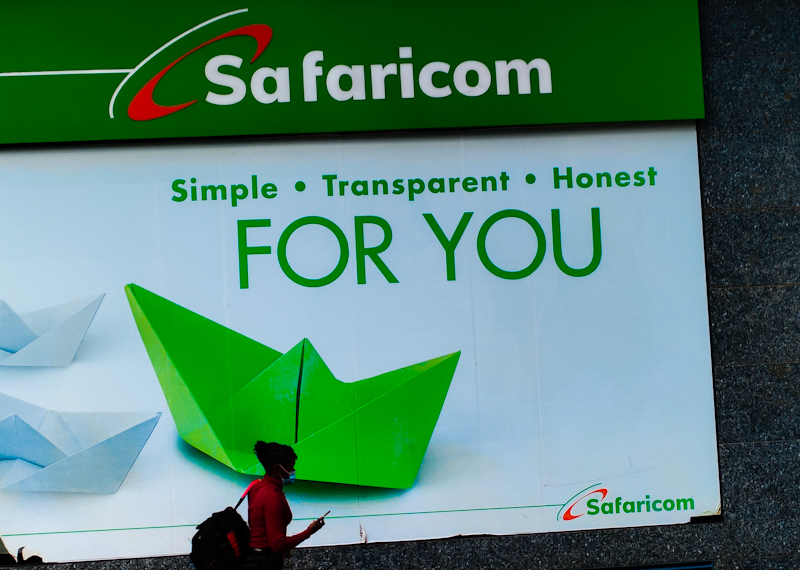Kenya’s biggest telecom company, Safaricom, is urging regulators to require satellite internet providers like Elon Musk’s Starlink to partner with local mobile network operators.
Safaricom sent a memo to the Communications Authority (CA) in July 2024 expressing concerns about granting independent licenses to satellite internet providers.
The telco argues that satellite providers operating without a physical Kenyan presence could: evade local regulations, cause harmful interference within Kenyan borders and offer services illegally.
“Granting a license to an entity that will typically operate in Kenya without having a physical presence in the country (via third-party partners/resellers only. This would mean negligible control for the government to ensure accountability for non-compliance issues,” Safaricom said.
“Satellite coverage inherently spans multiple territorial borders and in doing so has the potential to illegally provide services and cause harmful interference within the territorial borders of the Republic of Kenya,” the memo said.
Safaricom proposes that satellite providers operate as “infrastructure providers” partnering with existing local licensees like themselves.
“We would propose that the CA consider, instead, mandating that such satellite service providers only carry out their operations in Kenya subject to such providers entering into an agreement with an existing local licensee,” Safaricom said.
“Satellite service providers should therefore not be licensed directly/ independently but only be allowed to operate under the license rights of the local licensee.”

Starlink’s Growing Presence
Starlink launched in Kenya in July 2023. The company has seen increased adoption due to: promotions and cheaper monthly plans (including a $10 option).
In addition, Starlik has introduced a $15 monthly hardware rental plan for its prospective customers.
Starlink relies on third-party distributors and resellers, which Safaricom views as a regulatory concern.
Safaricom’s Network Expansion and Market Dominance
By the end of FY2024, Safaricom had deployed over 803 active 5G sites across 43 out of the 47 Kenyan counties.
Subsequently, the company has laid down 17,000 kilometres of fibre-optic cable, a 21.4% increase from the previous year.
Safaricom maintains a dominant position in the Kenyan telecommunications market. With a customer market share of 65.9%, it significantly outpaces its nearest competitor, Airtel (29%).
Internet penetration has grown significantly from about 3% in 2004 to 40.8% in 2024 according to the CA.
READ
- Do not Punish Success, Safaricom on Market Dominance
- We Believe in Competition Based on Innovation, Investment, and Service to Customer- Safaricom




